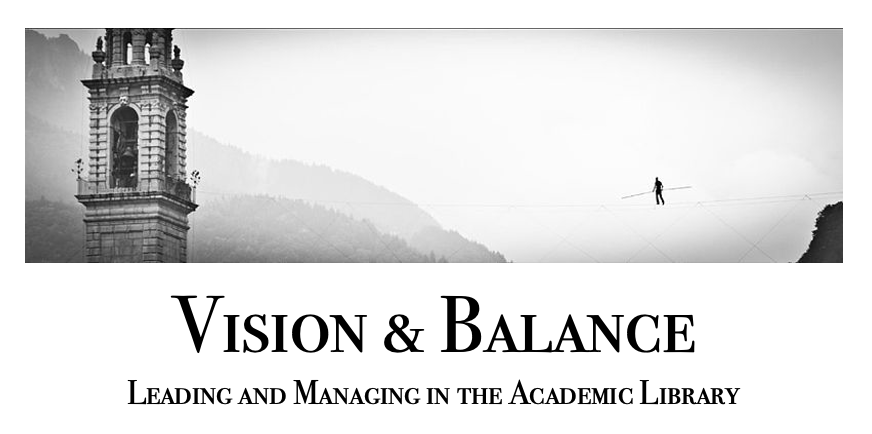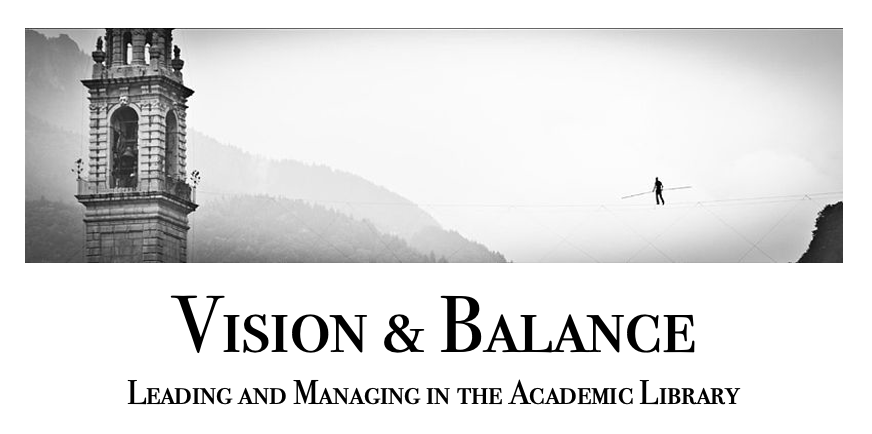Leaders Make the Slope Slippery - Or Not
"It's a slippery slope..." is too often an excuse used by leaders who don't want to do the hard work of leading by principle and/or making difficult judgement calls.

I bet you've had the frustrating experience of asking a manager or leader for permission to do something out of the ordinary (it may or may not have involved an exception to policy or an unusual budget outlay) and being told "Hey, if I let you do that it's a slippery slope. Pretty soon I have to _______" (fill in the blank with some possibly absurd extrapolation from the really quite reasonable thing you've asked for).
For example, you might ask for some extra travel money so that someone in your department can attend a conference that is particularly germane to the work she does. Or you might ask if one of your employees can work from home one day per week while his wife goes through a two-month program of weekly physical therapy. Or you might want some leeway to let a staff member work overtime for a week because she's been given an unusually large and time-sensitive assignment.
For a leader faced with such requests, the lazy thing to do is immediately imagine the floodgates opening – word gets around that Phil got to work from home one day a week for a couple of months, and pretty soon everyone wants to work at home day a week. One department hears that another department got some extra travel funds, and suddenly every department needs some extra travel funds. Etc. Not wanting to deal with that frustration, the leader may be sorely tempted to give the lazy answer: "I can't do it for you if I'm not willing/able to do it for everyone."
But the wise and hard-working leader will be willing and able to do two very important things in this situation:
- Act consistently, on principle
- Make difficult judgement calls
Back in February, I briefly mentioned the importance of making exceptions based on principle – then I promised to follow up on that in a subsequent post, but never did. So let's talk about that.
As I mentioned in that earlier post, the way a good leader answers the question "How come [Person A] got [extra travel money, work-from-home clearance, permission to clock some overtime] and I didn't?" is by reference to a clear and fair principle, consistently applied. This, of course, can only work if the leader has previously done the hard work of establishing, documenting, and communicating such principles to her organization – and has been applying them consistently.
So let's look at one of the scenarios mentioned above.
In the wake of COVID, every library leader should have created a set of principle-based guidelines for remote work. These guidelines should be informed, first of all, by campus policy (because no library policy should break campus rules); second, by the needs of the community the library serves; and third, by a desire to give library employees a reasonable amount of leeway and flexibility. How those principles translate into specific policy will vary from library to library, of course, based on a variety of factors. But let's take the example of the employee whose wife needs two months of weekly physical therapy and would like to work from home one day per week during that period. In that case, let's suppose that the library normally requires that everyone work on site full time, but that the library's leader a) has determined that campus policy allows employees to work for home for one day a week for a limited period of time; b) is confident that the employee in question can work from home for that limited period without negatively impacting service to the campus community; and c) believes that this arrangement represents a reasonable degree of flexibility that she could extend to any other employee in the same circumstance.
In this case, the leader couple probably feel confident in allowing the exception to normal policy.
But now imagine that another employee comes to that leader and says "You let Phil work from home once a week for two months, but my supervisor says I can't. Explain to me how this is fair."
The answer will be informed by a clear and fair principle, consistently applied. If this second employee's circumstance is very much like the first employee's, then the library leader should probably counsel with the second employee's supervisor with an eye to giving the second employee the same flexibility. But if the second employee's circumstance is quite different, then consistently applying the clear and fair principle may naturally lead to a different conclusion.
Going through this analysis and these conversations is, of course, much more difficult than either saying "The rules are the rules and there will be no exceptions" or simply giving in to everyone who asks for a exception. But, of course, that difficult work is the work of leadership, and it's what we're paid to do. The good news is that when we do it consistently and fairly, our organizations are much happier and serve our patrons better. And there are no "slippery slopes."
